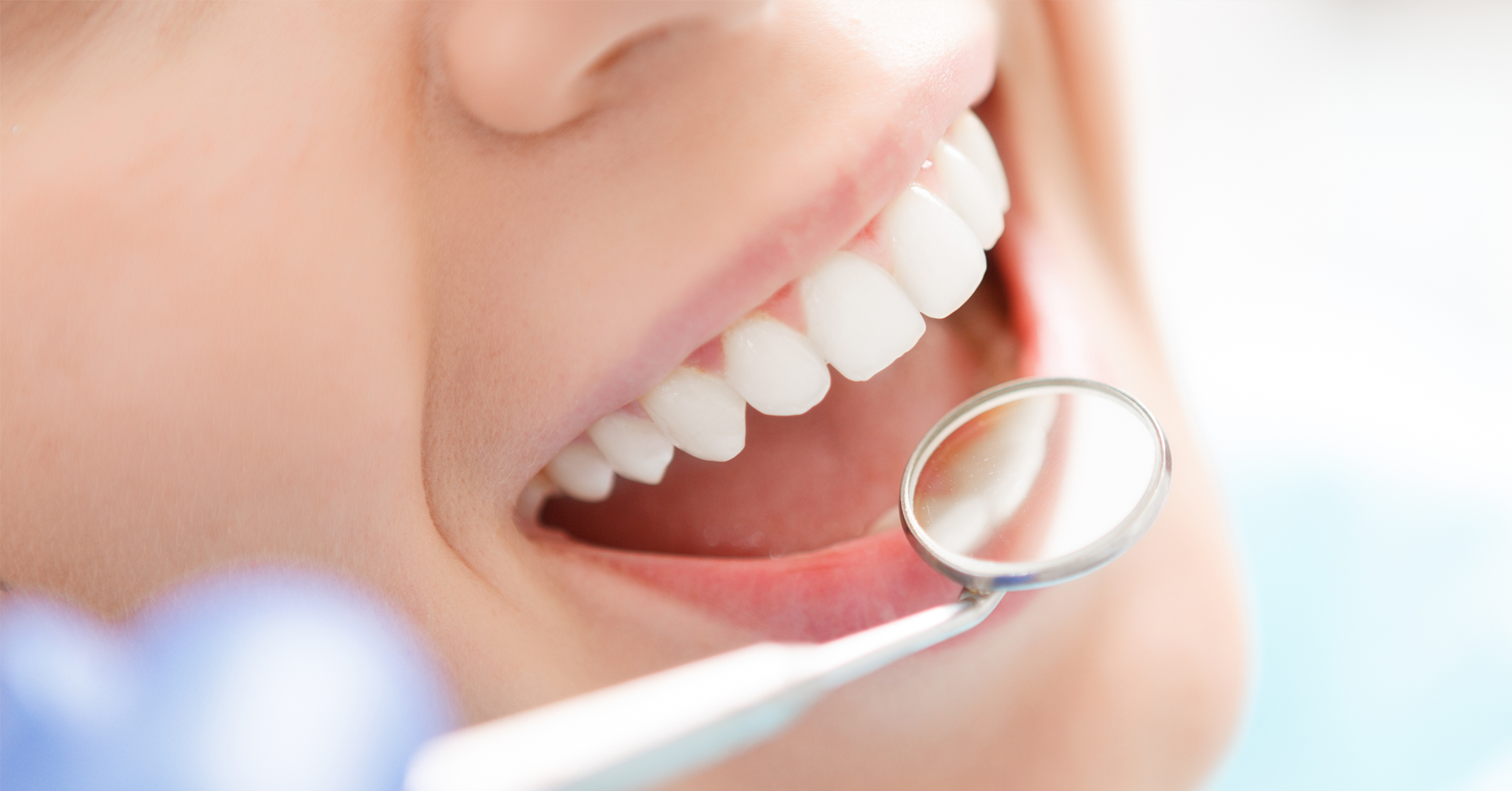We all have salivary glands inside our mouths responsible for producing saliva and keeping it wet. Saliva is essential for our oral health as it helps in chewing, eating, and swallowing. It also helps in breaking down the food particles and digesting them. Apart from this, it prevents some oral diseases, such as tooth decay and infections.
There are mainly two salivary glands inside our mouth: the major salivary glands and the minor salivary glands. The major salivary glands are the largest and responsible for producing the most saliva in your mouth. The minor salivary glands are too small found in the tongue linings, lips, and roof of the mouth. You can’t see them with your bare eyes. They are available in hundreds of numbers inside your mouth.
If these salivary glands stop producing enough saliva, you may develop a dry mouth and feel uncomfortable in your mouth. Although the dry mouth is not a severe health condition, it may cause many other health problems.
What is Dry Mouth?
Dry mouth (also called xerostomia) is an oral health condition in which your salivary glands stop producing enough saliva. It dries your mouth and creates difficulty in chewing, eating, swallowing, and even digesting the food. Moreover, you may feel uncomfortable when opening and closing your mouth and speaking.
Dry mouth may occur due to many different causes. Consumption of certain prescription medications, side effects of certain treatments, and aging are some of the most common causes.
Possible Causes
Some of the possible causes of dry mouth include:
Aging- Many older adults experience dry mouth. The ability to function of their body parts, long-term illnesses, and too much consumption of medications are the biggest reasons behind this. Apart from this, inadequate nutrition and an unbalanced diet are other common causes.
Consumption of Prescription Medications- Consuming specific prescription and non-prescription medications may cause dry mouth. Some of those medications include:
Anxiety and depression pills
Pain and high blood pressure medications
Antihistamines
Decongestants
Muscle relaxants
Certain Diseases and Health Conditions- Certain health conditions, such as yeast infection, diabetes, stroke, and autoimmune diseases, also cause dry mouth. It is considered a side effect of these health conditions. If you have any of these health problems, you are at a high risk of developing a dry mouth.
Cancer Therapy and Radiation Treatments- Cancer therapy (chemotherapy) and radiation treatments to your neck and head can make a significant difference in your salivary glands. They may damage your salivary glands and reduce the amount of saliva production. This may automatically get back into its normal condition after the treatment period, but sometimes, it may stay permanent.
Recreational Drug Use- Recreational drug use, including Marijuana, can cause severe dry mouth and other oral health problems.
Nerve Damage- Your neck and head have a direct connection to your mouth. If an injury occurs around your head and neck area, causing nerve damage, it can result in dry mouth.
Breathing Through Your Mouth- Snoring while sleeping and breathing through your mouth are other common causes of dry mouth.
Common Symptoms
If you have a dry mouth, you experience the following signs and symptoms:
A dry and sticky feeling inside the mouth
Cracked lips
Dry throat
Thick saliva
A dry and cracked tongue
Bad breath
Change in taste
Difficulty in speaking
Thirstiness
Mouth sores
A burning sensation in on the tongue
Difficulty in chewing, eating, and swallowing
Some of these symptoms can also be associated with other health problems. You need to see your McKinney dentist to determine whether your symptoms are associated with a dry mouth or any other health problem.
Treatments/ Medications/ Home Remedies
Some of the effective dry mouth treatments, medications, and home remedies include:
Change in Medications- If the medical report of your mouth examination tells that consumption of certain medications causes your dry mouth, the medical expert will either reduce your dose or switch you to other medications.
Over-the-Counter Products- OTC products, such as mouthwash, sugarless gum, artificial saliva, and moisturizers, are another effective way to treat dry mouth. The medical experts may advise you to use them regularly. However, these products are not proven to treat dry mouth, only to relieve it.
Saliva Production Medications- Your doctor may prescribe medications to produce salivae, such as cevimeline (Evoxac) or pilocarpine (Salagen). These medications are effective in stimulating the salivary glands for saliva production.
Drink Water- According to medical experts, dehydration can also cause dry mouth. If you drink more and more water and stay hydrated, you can avoid dry mouth and related mouth problems.
Improving Overall Oral Care- Your overall oral health also contributes to saliva production. If you do not keep your mouth fresh and clean, you may develop a dry mouth. So, focus on regularly performing all the essential oral care activities. And make sure you visit your dentist at least once a month. It will help detect existing problems and prevent them.
Avoid Medications- According to studies, most dry mouth cases occur due to too much medication consumption. If you are one of those who regularly take medications, you are at high risk of developing a dry mouth. Consult your medical specialist regarding the same. He, she will advise you to avoid certain medications, such as:
Antihistamines
Bronchodilators
Hormone medications
Antihypertensives
Avoid Smoking, Tobacco, and Alcohol- Many studies found that consumption of tobacco, alcohol, caffeine, sugar-containing edibles and smoking habits cause dry mouth. You have to avoid these dehydrating habits to prevent the development of a dry mouth.
Use a Humidifier- Many medical experts believe that breathing in humidity can significantly improve the symptoms of dry mouth. Although it is not proven to cure dry mouth, it can give you relief to some extent.
Use a humidifier to create humidity in your environment. It will surely help you to some extent.
Conclusion
Dry mouth is not a severe oral disease, but it may lead to other serious health conditions. It should be treated as soon as possible with appropriate treatment and preventive measures. At Valley Creek Dental Care, we provide you a wide range of dental and oral care services that help prevent dry mouth development. Apart from this, you can get a consultation from our expert dentist regarding the same.





